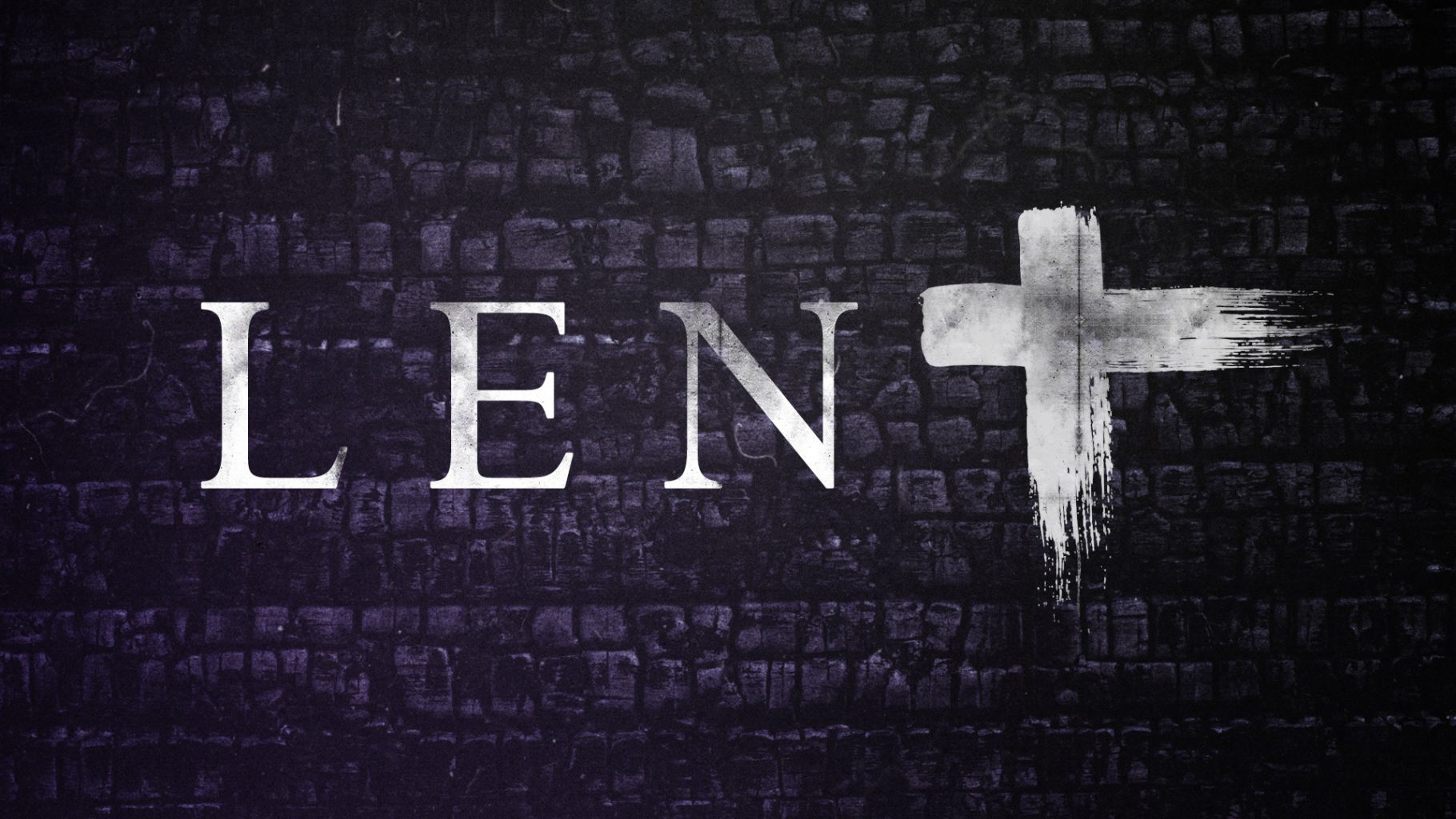It seems like every year, Lent kind of sneaks up on me. With so much going on in our lives and in the world (much of it traumatic and discouraging) it might be natural for us to feel some uncertainty about Lent. For many people, Lent brings to mind many strange associations: ashes on our foreheads, the beginnings of Spring, not eating something you love, being really contemplative and serious. But for some, Lent can be just another church holiday that is confusing, weird, and… ignored. Often people ask me “Pastor Dan, what is Lent really all about?” In Short, Lent is all about preparing ourselves as a community so that Easter can be all the more special as a holiday. It also creates a great opportunity for many people who have gotten lost in the busyness of their lives to reconnect to their faith in Jesus. My prayer for all of us is that during the weeks leading up to Easter we will all be drawn to God and deepened in our faith and understanding of Jesus, feeling, seeing, touching, and knowing His wonderful presence in our lives. (Here is a short Q & A to help you better understand Lent).
Q: What is Lent?
A: Historically, Lent is the forty-day period before Easter, excluding Sundays, it begins on Ash Wednesday and ends on Holy Saturday (the day before Easter Sunday).
Q: Why are Sundays excluded from the reckoning of the forty days?
A: Because Sunday is the day on which Christ arose, making it an inappropriate day to fast and mourn our sins. On Sunday we must celebrate Christ’s resurrection for our salvation.
Q: Why are the forty days called Lent?
A: They are called Lent because that is the Old English word for spring, the season of the year during which they fall. This is something unique to English. In almost all other languages its name is a derivative of the Latin term Quadragesima, or “the forty days.”
Q: Why is Lent forty days long?
A: Because forty days is a traditional number of discipline, devotion, and preparation in the Bible. Thus Moses stayed on the Mountain of God forty days (Exodus 24:18 and 34:28), the spies were in the land for forty days (Numbers 13:25), Elijah traveled forty days before he reached the cave where he had his vision (1 Kings 19:8), Nineveh was given forty days to repent (Jonah 3:4), and most importantly, prior to undertaking his ministry, Jesus spent forty days in wilderness praying and fasting (Matthew 4:2).
Since Lent is a period of prayer and fasting, it is fitting for Christians to imitate their Lord with a forty-day period. Christ used a forty-day period of prayer and fasting to prepare for his ministry, which culminated in his death and resurrection. Thus it is fitting for Christians to imitate him with a forty-day period of prayer and fasting to prepare for the celebration of Jesus’ ministry’s climax – Good Friday (the day of the crucifixion) and Easter Sunday (the day of the resurrection).
Q: What am I supposed to do for Lent?
A: There is no one right way to prepare ourselves. The important thing is that it is a matter of our hearts. Traditionally we fast or sacrifice something to help us better relate to the sacrifice that Jesus made for us. Sometimes this will mean fasting during a meal (sacrificing the food we eat and instead spending the time praying or reading the Bible). We can also sacrifice something of monetary value (i.e. don’t but that new TV) and instead give the money to the poor or make a donation to God’s Church. By sacrificing something that is important or of value to us, we can better appreciate the sacrifice of God’s own Son that God made out of love for us. We can also sacrifice by taking something on during Lent as opposed to giving something up.

